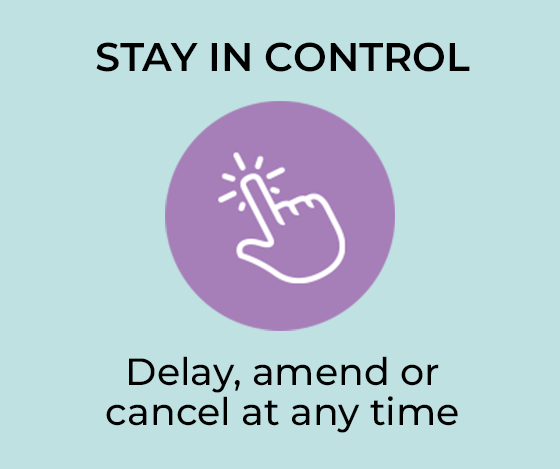Let me introduce you to plant sterols — naturally occurring plant-sourced compounds that reduce the absorption of dietary cholesterol from the gut, lowering excessively high levels of “bad” cholesterol in the blood and supporting circulation and heart health.
🕒 4 min read
However, a regular, unfortified diet only provides between 150 and 400 mg of plant sterols per day (depending on how plant-based the diet is). To see a cholesterol-lowering effect, the recommended amount is about 2,000 mg or 2 g per day. A 2 g daily intake can make a significant difference of 15–20%, with or without pharmaceutical statin medication.
Why is this important?
Heart disease remains the world’s biggest killer, yet its major causes are preventable if we adopt lifestyle measures that support long-term well-being. Regular exercise lowers blood pressure and reduces low-density lipoprotein (LDL) cholesterol — often called “bad” cholesterol — which contributes to plaque buildup in the arteries and poor circulation.
A healthy, varied, and balanced diet is also essential. This means reducing saturated fat and salt, and ensuring plenty of soluble fibre from fruit, vegetables, nuts, seeds, whole grains, legumes, and vegetable oils. But even the healthiest diet produces insufficient amounts of plant sterols to reduce cholesterol. Some fortified foods, such as margarine or yoghurt, may help, but even then it is unlikely that an effective intake range will be reached.
Why Cholesterol Matters (Stats)
Cholesterol is a key risk factor for cardiovascular disease. These UK facts help show the scale and why regular testing matters:
Source: British Heart Foundation — CVD Statistics UK Factsheet (2025) .
Statins and alternatives
Around 10 million adults in the UK are now taking statin medication to lower unhealthily high levels of cholesterol. Statins are one of the most commonly prescribed medications, as raised cholesterol is a major risk factor for heart disease. They are effective, but not everyone needs or wants to take pharmaceutical medication with potential side-effects, so many look for alternative or complementary approaches.
How do plant sterols work?
Plant sterols are structurally very similar to cholesterol derived from animal products. Because of this similarity, they compete with dietary cholesterol for absorption in the intestine, reducing the amount of LDL cholesterol that enters the bloodstream. The result is less plaque deposited on the artery walls. Over time, this helps to reduce the risk of coronary heart disease — especially when combined with positive lifestyle changes such as improved diet, exercise, and not smoking.
How should plant sterol supplements be taken?
Plant sterols are best taken with meals, not on an empty stomach, as they work by blocking cholesterol absorption from food. Splitting the daily dose into two or three servings with main meals is ideal. Consistency is important: take the supplements every day for the strongest cholesterol-lowering effect at 2 g per day.
Some supplements, such as Healthspan’s Plant Sterols Plus, combine sterols with potassium (for the maintenance of healthy blood pressure) and olive leaf extract (which protects against oxidation of blood lipids and inflammation).
Plant Sterols 800mg
Scientifically shown to lower cholesterol
- 2400 mg plant sterols per daily dose
- Levels advised by the British Heart Foundation
- Helps to keep your cholesterol at the normal level
- Reduce the risk of coronary heart disease development













